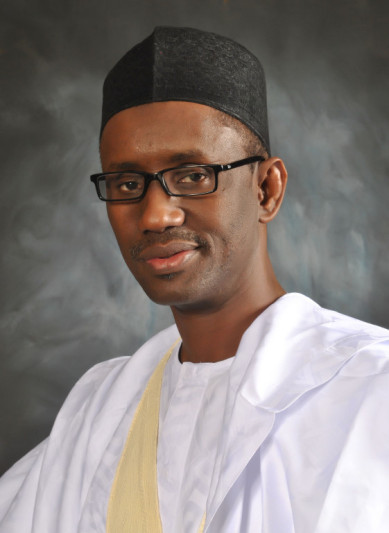National Security Adviser Mallam Nuhu Ribadu has cautioned Nigerians against paying ransom to kidnappers, terrorists, and other criminal groups.
He issued this warning while receiving more than 60 individuals who were recently freed after being held hostage for over a month in Kaduna.
Their release followed sustained military operations that put pressure on the captors.
Among the rescued were a deputy director in the civil service and a relative of Bishop Matthew Hassan Kukah, all from Zango Kataf in Southern Kaduna.
Ribadu, speaking before handing over the victims—comprising 35 men, 29 women, and several children—to the Minister of Defence, Mohammed Abubakar, stressed that ransom payments only embolden criminal elements to continue their activities.
He emphasized that providing money to kidnappers only worsens the situation, stating that the government has never paid any ransom to secure the release of abductees.
Ribadu noted that such payments encourage the criminals to demand even more in future cases.
He credited the successful rescue to the relentless pursuit by the Nigerian armed forces and expressed deep gratitude to them for their bravery and commitment.
Ribadu also acknowledged the support of President Bola Tinubu, whose continued backing of security agencies has made such breakthroughs possible.
He stated that efforts will not stop at rescuing victims, as those responsible will be tracked down and brought to justice.
Defence Minister Mohammed Abubakar also commended the military and security forces, highlighting the tireless work being done under the leadership of the NSA.
He praised the cooperation of citizens who provide crucial information that aids in operations and urged them to maintain their trust and support.
One of the freed victims, Adesiyam Michael, recounted his ordeal, revealing that his wife was shot before his eyes.
He described the kidnappers as very young, between 16 and 18 years old, and lacking both education and skills.
He called for efforts to be made to rehabilitate and train such youths, noting that their lack of opportunities likely drives them into criminal activity.
